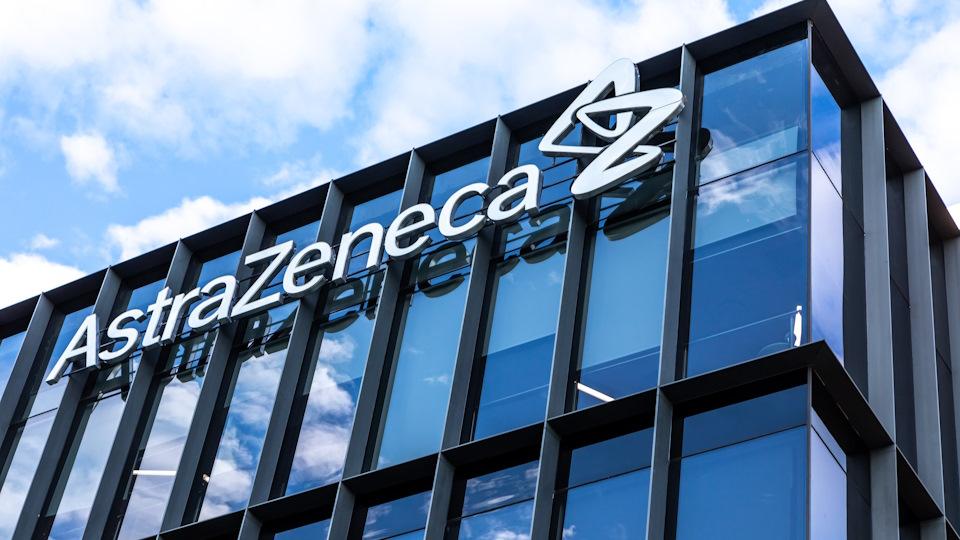AZ extends cardiovascular pipeline with $2bn CSPC deal

AstraZeneca has joined the ranks of pharma companies seeking to bring drugs targeting lipoprotein(a) to market, paying $100 million upfront for rights to a drug developed by CSPC Pharmaceutical.
The total value of the deal could rise above $2 billion if the Chinese biotech's candidate – codenamed YS2302018 – makes it to the market and meets commercial objectives.
Elevated Lp(a) is recognised as an independent genetic risk factor for coronary artery disease, heart attack, stroke, peripheral arterial disease, and aortic stenosis, and at the moment there are no approved drugs to reduce levels of the lipoprotein.
It is estimated that about 50% of atherosclerotic cardiovascular disease is not driven by LDL-cholesterol – the target of most lipid-lowering drugs, including statins and PCSK9 inhibitors – and that the majority of those cases are associated with Lp(a).
Among candidates that are furthest ahead in development is Amgen's RNA interference (RNAi) drugs lepodisiran and olpasiran and Novartis' antisense-based therapy pelacarsen, all in phase 3, while Silence Therapeutics has another RNAi candidate called zerlasiran in phase 2.
CSPC's drug differs from the others, as it is a small-molecule compound and orally bioavailable, so does not require administration by injection and could be given alongside other lipid-lowering therapies like statins.
The potential advantage of that is unclear for now, as Amgen has suggested, for example, that lepodisiran could be effective even if dosed as infrequently as once per year.
AZ said adding YS2302018 to its pipeline strengthens its cardiovascular portfolio with a drug that could have potential in a range of cardiovascular disease indications either alone or in combination, potentially with its oral small molecule PCSK9 inhibitor AZD0780, which generated preliminary clinical trial results earlier this year.
The company said recently it is moving "at pace" with AZD0780 into the next stage of development, with a phase 2b trial ongoing and data expected in the first half of 2025, as it builds a pipeline around its "foundational" heart failure therapy Farxiga (dapagliflozin).
"Given the scale of unmet need, with cardiovascular disease being a leading cause of death globally, advancing novel therapies that can be used alone or in combination to effectively address known risk factors and advance patient care is particularly important and a key part of our strategy," said Sharon Barr, AZ's head of biopharmaceuticals R&D.












